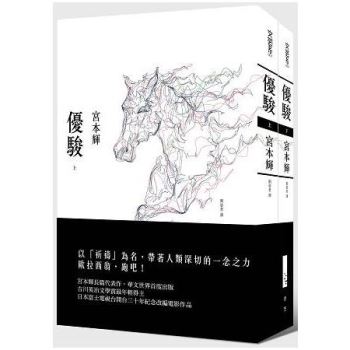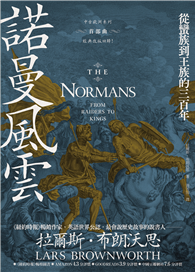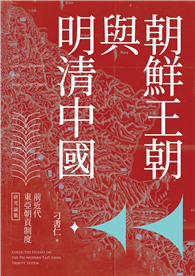This text offers a comprehensive set of lecture notes introducing live audio programming through the use of Sonic Pi and ChucK, two powerful and versatile tools for creating music with code. These notes are intended to act as a course companion, not necessarily a standalone text for self-study unless the reader already has some familiarity with studying programming languages. Students will first develop a solid foundation in Ruby programming before diving into Sonic Pi, where they will explore the basics of sound synthesis, rhythm, melody, harmony, sample manipulation, and effects. Throughout the course, students will learn advanced techniques in live coding, sound design, and generative music, along with integrating external tools like MIDI and OSC for collaborative performances. The latter end of the course will focus on ChucK, where students will further refine their skills in sound synthesis, real-time audio processing, and advanced programming concepts. The course culminates in a final project where students will combine their knowledge of Sonic Pi and ChucK to create and perform a live audio programming piece. Likewise, this text includes a set of appendices containing applied course assignments and supplemental notes on music theory (excluding classical voice leading) - hence, students should be expected to have prerequisite knowledge of introductory music theory and computer programming (e.g., in Python or Ruby, ideally).
| FindBook |
有 1 項符合
Introduction to Real-Time Audio Programming Using Sonic Pi and ChucK: Lecture Notes on Computer Science的圖書 |
 |
Introduction to Real-Time Audio Programming Using Sonic Pi and ChucK: Lecture Notes on Computer Science 作者:Szelogowski 出版社:Lulu.com 出版日期:2024-08-10 語言:英文 規格:平裝 / 152頁 / 27.94 x 21.59 x 0.84 cm / 普通級/ 初版 |
| 圖書館借閱 |
| 國家圖書館 | 全國圖書書目資訊網 | 國立公共資訊圖書館 | 電子書服務平台 | MetaCat 跨館整合查詢 |
| 臺北市立圖書館 | 新北市立圖書館 | 基隆市公共圖書館 | 桃園市立圖書館 | 新竹縣公共圖書館 |
| 苗栗縣立圖書館 | 臺中市立圖書館 | 彰化縣公共圖書館 | 南投縣文化局 | 雲林縣公共圖書館 |
| 嘉義縣圖書館 | 臺南市立圖書館 | 高雄市立圖書館 | 屏東縣公共圖書館 | 宜蘭縣公共圖書館 |
| 花蓮縣文化局 | 臺東縣文化處 |
|
|
圖書介紹 - 資料來源:博客來 評分:
圖書名稱:Introduction to Real-Time Audio Programming Using Sonic Pi and ChucK: Lecture Notes on Computer Science
|










